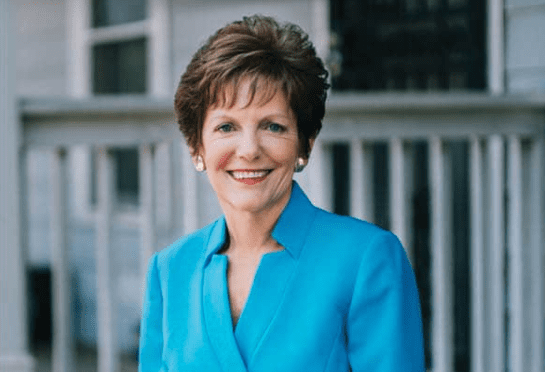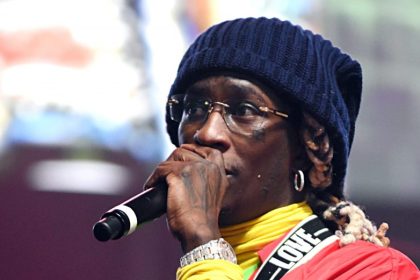
Atlanta mayoral candidate Mary Norwood used racist language during a private meeting. According to a recording obtained by the rolling out, Norwood was present at the private meeting held by the Buckhead Young Republicans in June.
During the meeting, Norwood urged members who were in attendance to not record the conversation. The request was odd considering that Norwood often speaks about the importance of transparency. Political candidates should always be open and honest when speaking about matters that concern the office that they are seeking. Asking for the meeting to not be recorded was the initial red flag.
But the most shocking revelation was the racist language used during the meeting.
Norwood spoke to the Buckhead Young Republicans about the Atlanta mayoral election of 2009. In the election, Norwood lost a runoff to Kasim Reed by 700 votes. Norwood blamed her loss on Reed and illegal voting, but the claim was never verified.
Norwood claimed that Reed’s campaign found voters who once lived in housing projects or abandoned homes and bused them to voting booths in Atlanta.
“It’s a lot harder to drive a van with six felons, you know guys who are going to commit felonies by voting illegally, if somebody’s watching,” she told the Republicans.
“So what happened was, they knocked on the door Saturday night, and said, ‘Jimmy Johnson, you are out here in Mableton, and we are glad for you. And you’re getting money from the government. But you’re still registered on Henry Thomas Drive. And we just need you to come back in on Tuesday and vote on Henry Thomas Drive,” Norwood said during the meeting with Young Republicans.
Norwood’s statements are disturbing on multiple levels. It’s mostly appalling that she used racist coding while referring to Black voters. Racial codes are often used by racists, or people who don’t think they are racist, who substitute racial slurs for stereotypes.
For instance, Norwood claimed that Reed’s campaign used illegal voters who once stayed in public housing projects in Atlanta. Terms such as “public housing,” “section 8,” and “inner city” are often used as ways to describe Black people or Black areas. Norwood also called those individuals “felons” although there was no evidence that a crime had been committed or that there was an attempt to commit a crime.
Norwood continued to use racist coding by referring to Black voters as welfare recipients who are “getting money from the government.” That statement is divisive and attempts to paint Black voters as felons, lazy, and people who take money from taxpayers. It’s a way of saying the N-word without actually saying the N-word.
Donald Trump used racial coding during his presidential campaign and continues to use similar tactics while in the White House.
Atlanta markets itself as a “city too busy to hate.” It’s the birthplace of the Civil Rights Movement, the epicenter of hip-hop, and home to several Fortune 500 companies. Diversity is a key component to the success of Atlanta. The city cannot afford to elect a mayor who openly used racial coding by referring to Black voters as “felons” and welfare recipients. It goes against everything that civil rights leaders such as Dr. Martin Luther King Jr., Maynard Jackson, Andrew Young, and Congressman John Lewis fought for decades ago. Beyond politics, it’s irresponsible for Norwood to believe that kind of behavior is acceptable on a human level.
Although she made voter fraud claims while with the Buckhead Young Republicans, Norwood has yet to prove that those accusations are true. She told the AJC that she did not want the recording to leak because it would be harmful to “Atlanta’s image and its future.”
But the fact that she believed that it was OK to use such hateful language is harmful to the city’s image and future. For months, Norwood has attempted to downplay the notion of race being a factor in the Atlanta mayoral election. However, Norwood’s own words prove that race is a major factor in how she views certain segments of society.
Norwood will face off against Keisha Lance Bottoms in a runoff election on Dec. 5. Early voting in Atlanta started on Nov. 27.
Listen to the audio

















